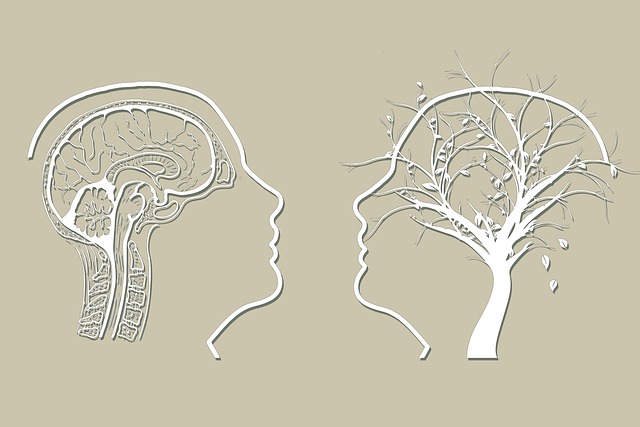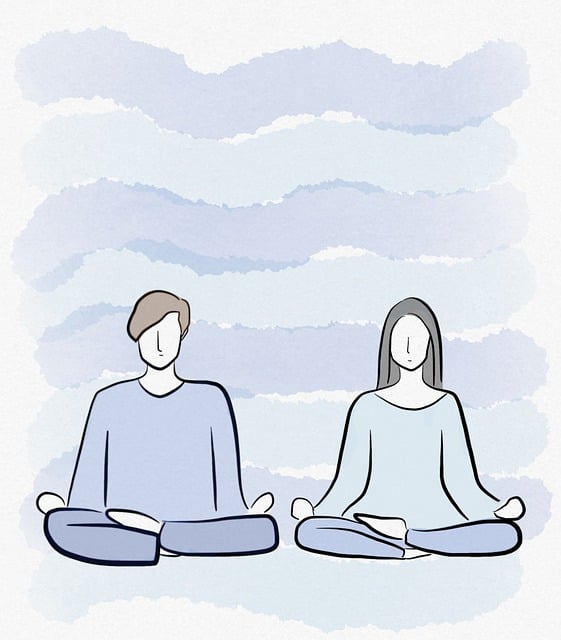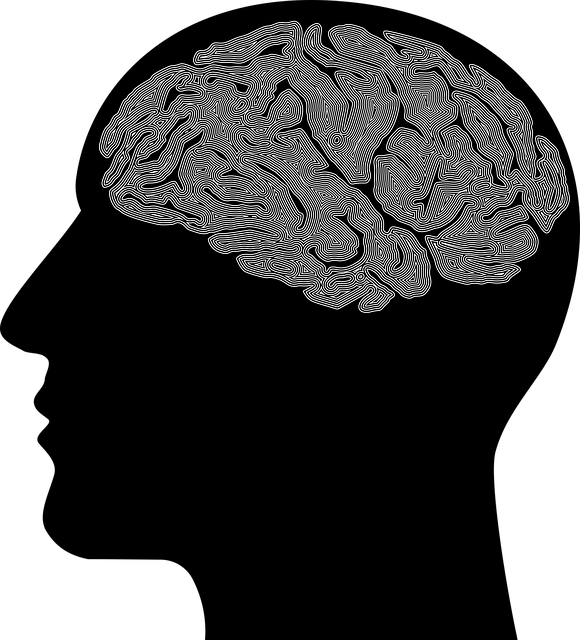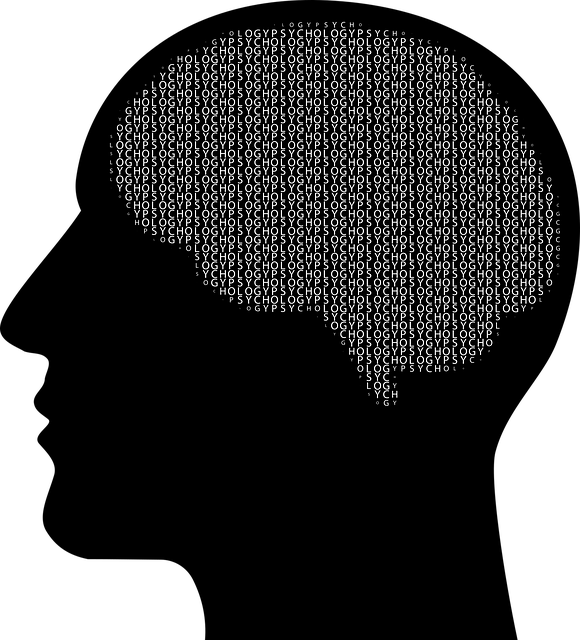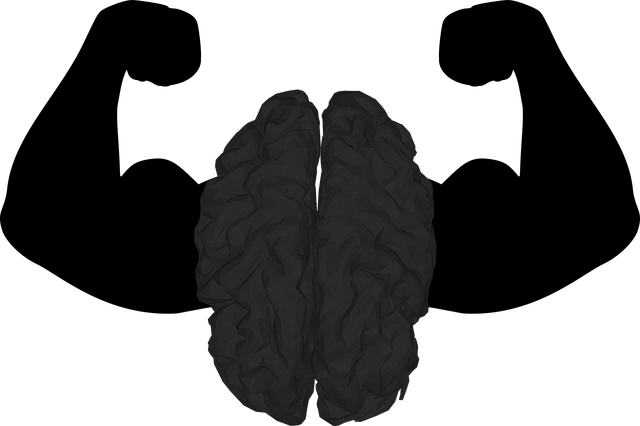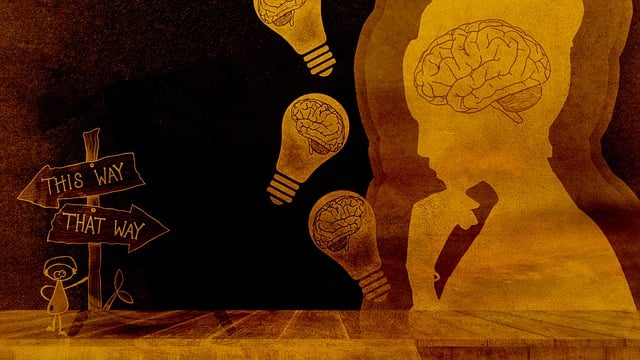Mental wellness group facilitation for conditions like Castle Rock Obsessive Compulsive Disorder (OCD) requires specialized skills and a structured yet adaptive approach. Facilitators create safe, inclusive environments through cultural sensitivity, clear boundary setting, active listening, and interactive activities tailored to specific needs. Techniques include mindfulness meditation practices and mental wellness coaching programs, combining individual therapy elements within a supportive group setting for enhanced recovery. Careful spatial planning, confidentiality, and non-verbal cues foster open communication and trust. Incorporating trauma support services empowers individuals to manage anxiety, stress, and emotional challenges associated with OCD, transforming group settings into nurturing environments for improved mental wellness.
In today’s digital era, mental wellness group facilitation techniques play a pivotal role in enhancing well-being. This article explores effective strategies for leading supportive group sessions, with a specific focus on managing Castle Rock Obsessive Compulsive Disorder (OCD) through collaborative therapy. We delve into creating inclusive environments and employing diverse techniques to foster healing. By understanding the nuances of group facilitation, professionals can revolutionize mental health support, offering transformative experiences that resonate deeply with participants.
- Understanding Mental Wellness Group Facilitation
- Strategies for Leading Effective Group Sessions
- Specific Techniques for Managing OCD in Groups
- Creating a Supportive Environment: Key Considerations
Understanding Mental Wellness Group Facilitation

Mental wellness group facilitation is a specialized skill that involves guiding and supporting individuals through therapeutic discussions and activities in a group setting. It’s more than just moderating conversations; it’s about creating a safe, inclusive environment where participants feel empowered to share their experiences and learn from one another. This approach is particularly effective for addressing conditions like Castle Rock Obsessive Compulsive Disorder (OCD), as group therapy sessions can provide a sense of community, reduce feelings of isolation, and offer valuable peer support.
Cultural sensitivity plays a crucial role in mental healthcare practice, and facilitators must be adept at tailoring their techniques to cater to diverse backgrounds, beliefs, and experiences. This is especially important when addressing conditions like depression or burnout prevention, as cultural nuances can significantly impact the effectiveness of treatment. By embracing cultural sensitivity, facilitators ensure that every participant feels heard, respected, and supported throughout the group therapy process.
Strategies for Leading Effective Group Sessions

Leading effective mental wellness group sessions requires a blend of structured techniques and adaptive facilitation skills. One key strategy is to create a safe and non-judgmental environment, fostering open communication among participants. This involves setting clear boundaries, encouraging active listening, and promoting peer support. Facilitators should also incorporate interactive activities tailored to address specific concerns, such as those related to Castle Rock Obsessive Compulsive Disorder Therapy (CR-OCD), ensuring engaging and therapeutic discussions.
Cultural competency training for healthcare providers is essential to navigate diverse group dynamics effectively. Understanding cultural nuances enables facilitators to adapt their approaches, making sessions inclusive and relevant to all participants. Additionally, burnout prevention strategies for healthcare providers can enhance facilitation by promoting self-care and resilience, which are vital for maintaining consistent energy and empathy throughout the group’s journey, whether it’s a Stress Management Workshop Organization or a specialized therapy group.
Specific Techniques for Managing OCD in Groups

Managing OCD in group settings requires specialized techniques tailored to address the unique challenges of this condition. One effective approach is to incorporate mindfulness meditation practices, which have been shown to reduce symptoms of OCD by promoting present-moment awareness and reducing rumination. Group members can engage in guided meditations focused on observing thoughts and sensations without judgment, fostering a sense of detachment from obsessive urges.
Additionally, mental wellness coaching programs development specifically tailored for OCD can be immensely beneficial. These programs often include burnout prevention strategies for healthcare providers who support individuals with Castle Rock Obsessive Compulsive Disorder Therapy. By combining individual therapy elements within a group setting, facilitators create a supportive environment where members can learn coping skills, share experiences, and encourage one another in their journey towards recovery.
Creating a Supportive Environment: Key Considerations

Creating a supportive environment is paramount when facilitating mental wellness groups, especially for those dealing with conditions like Castle Rock Obsessive Compulsive Disorder (OCD) Therapy. The space should be judged carefully to foster open communication and trust among members. A safe haven where individuals feel accepted, understood, and free to express their experiences without fear of judgment or stigma is essential. This involves ensuring confidentiality, promoting active listening among facilitators and peers, and cultivating an atmosphere of non-verbal cues that encourage participation.
Incorporating trauma support services elements can enhance this process by providing coping skills development tailored for managing anxiety and stress associated with OCD and other mental health challenges. Effective facilitation also includes teaching mood management techniques that empower individuals to navigate emotional ups and downs. Through these considerations, group settings can evolve into nurturing environments where members support one another in their journeys towards improved mental wellness.
Mental wellness group facilitation plays a pivotal role in enhancing collective well-being, especially in addressing conditions like Castle Rock Obsessive Compulsive Disorder (OCD) therapy. By employing strategies such as creating supportive environments and utilizing specific techniques tailored to OCD, facilitators can foster meaningful connections and promote healing. This approach not only benefits individuals struggling with mental health challenges but also enriches the overall community by fostering open dialogue and understanding.


